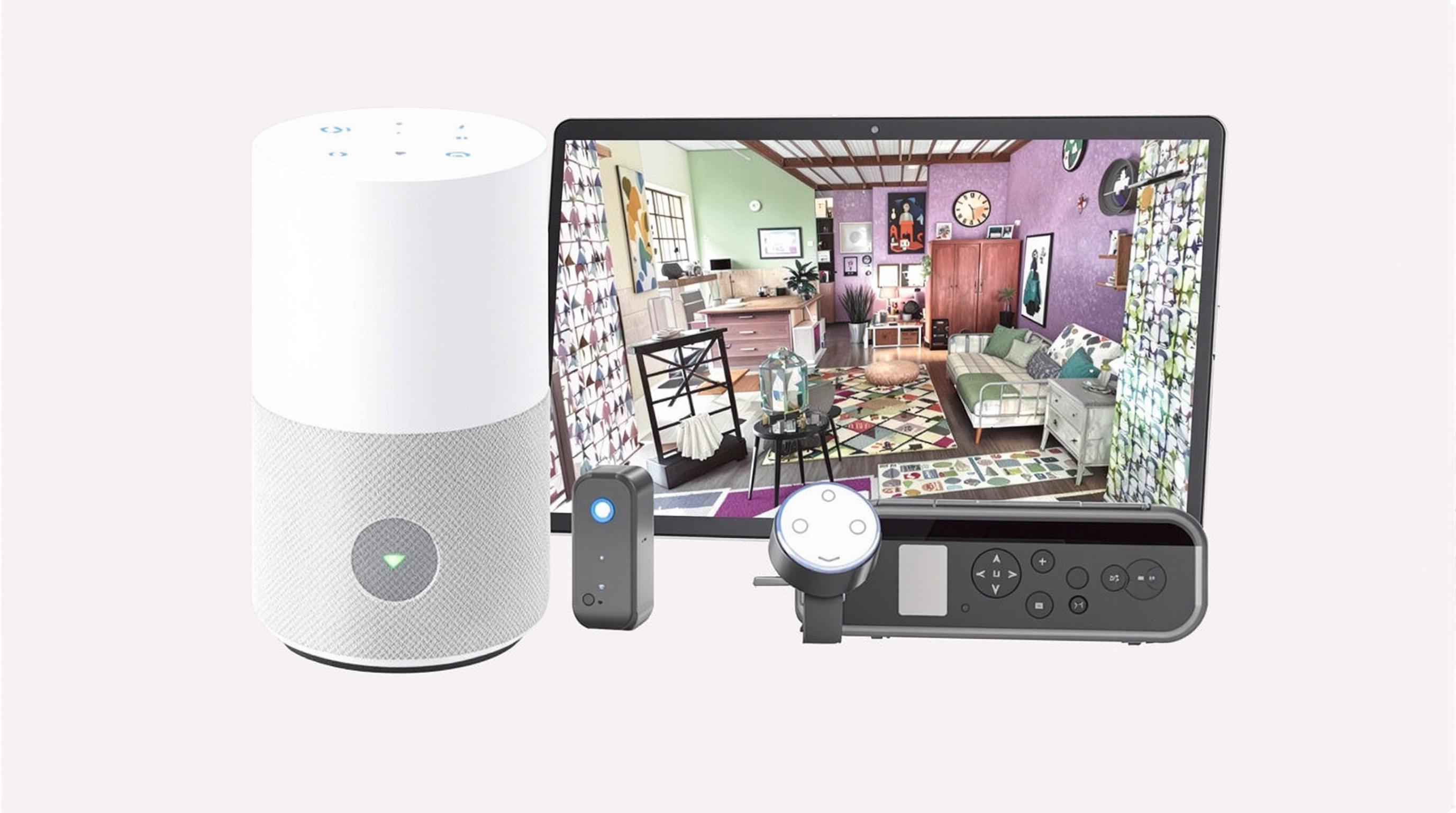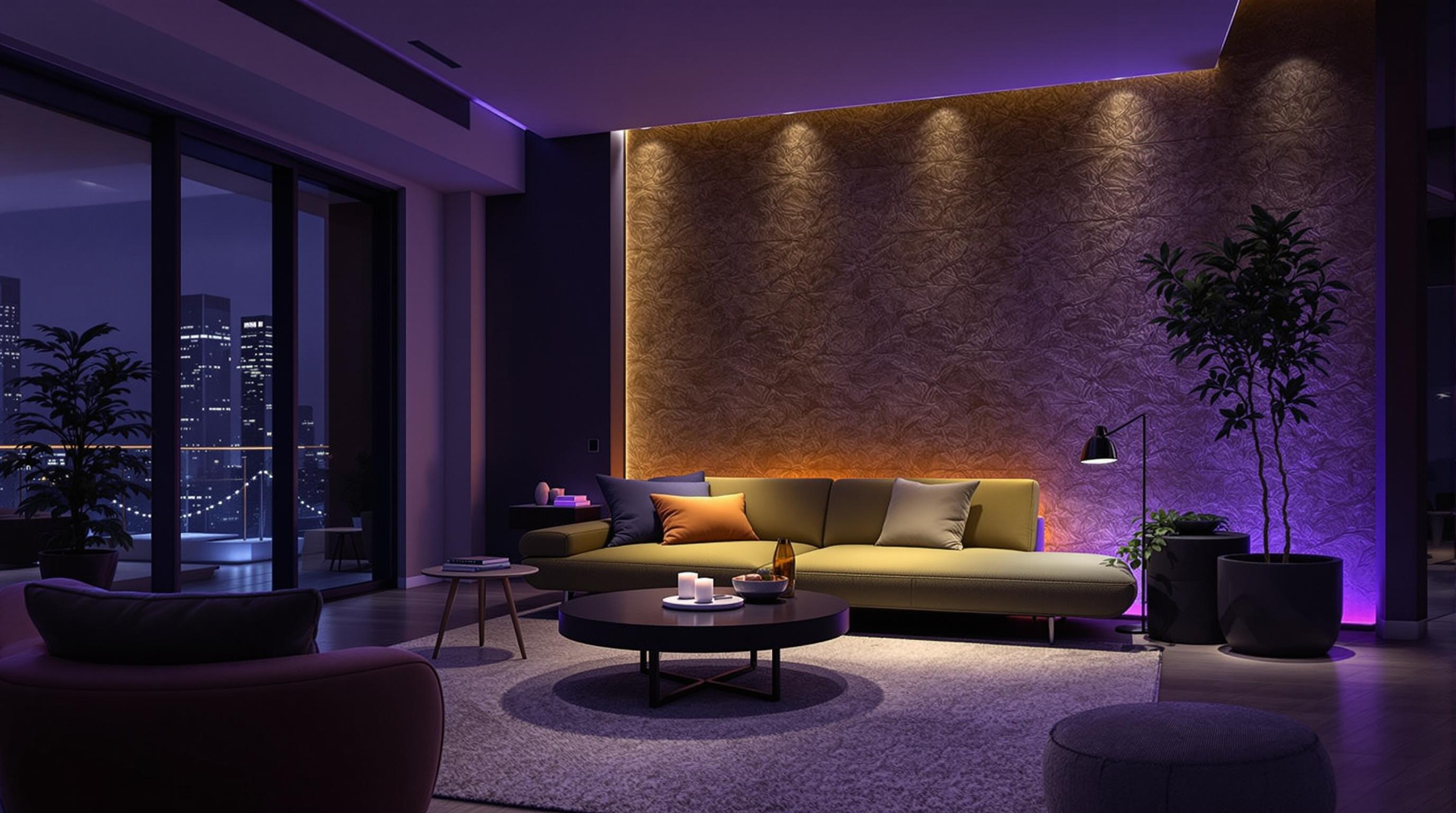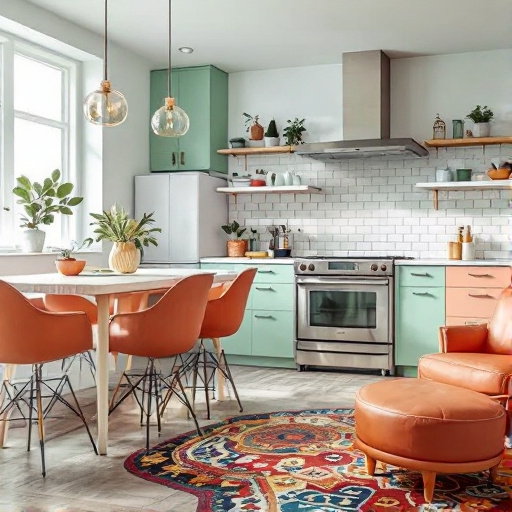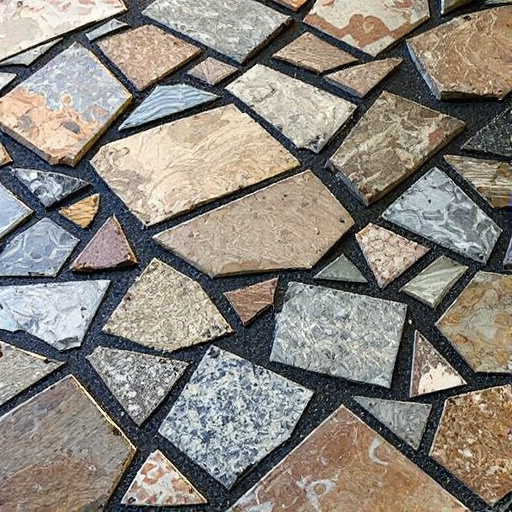Featured Articles
- Could Your Home's Feng Shui Be Affecting Your Renovation Success? Unlock the Hidden Energy Forces!
- "Eco-Remodeling: Unusual Materials Transforming Home Renovation in Sustainable Ways"
- Revamping the Past: How Retro Home Improvement Trends are Making a Comeback in Modern Design
- "Reviving Retro: How Vintage Home Products Are Making a Bold Comeback in Modern Makeovers"
- The Rise of Biophilic Design: Transforming Homes into Natural Retreats for Mental Wellness
Could Your Home's Feng Shui Be Affecting Your Renovation Success? Unlock the Hidden Energy Forces!
Could Your Home's Feng Shui Be Affecting Your Renovation Success? Unlock the Hidden Energy Forces!
Could Feng Shui be the key to unlocking your renovation success? Discover how the ancient practice of Feng Shui can not only enhance your living space but also invite positive energy and prosperity into your home.
Understanding Feng Shui: More Than Just Decor
Feng Shui, a Chinese philosophical system over 3,000 years old, emphasizes the arrangement of our environment to achieve harmony and balance. It intertwines with architecture, urban planning, and even interior design, aiming to cultivate a nurturing energy flow called "Qi" (or "Chi"). The premise is simple: a well-structured environment supports not just your health and happiness, but it can also directly impact the outcomes of projects such as home renovations.
Statistical Insights: The Impact of Feng Shui on Real Estate Value
Have you ever considered how the principles of Feng Shui might influence property values? According to a study by the Real Estate Institute of New Zealand, homes that incorporate Feng Shui principles tend to sell for 5% - 20% more than those that do not. This might seem anecdotal, but positive energy flows create environments that potential buyers are naturally drawn to, leading to heightened interest, quicker sales, and often, higher offers.
The Case of the Overwhelming Kitchen
Let us travel to the suburban home of Sarah, a 45-year-old mother of two, who embarked on a major kitchen renovation. Excited with the prospect of a more modern and functional space, she focused on aesthetics and practicality, initially dismissing the idea of Feng Shui. After a month filled with chaos, budget overruns, and family stress, Sarah discovered a local Feng Shui consultant. By repositioning the stove, decluttering countertops, and enhancing the light flow, Sarah found the kitchen transformed into not only a cooking haven but also a warm gathering place for her family. Her renovation, once fraught with complications, evolved into a joyful success story.
The Forgotten Bathroom
Think about the bathroom in your home. Often overlooked, this space might harbor negative energy if not treated with care. A study from the Journal of Environmental Psychology revealed that homes with poorly designed bathrooms can lead to increased feelings of dissatisfaction and stress among residents. Favoring clarity and calm, a Feng Shui-inspired bathroom emphasizes light, air, and cleanliness, inviting positivity and tranquility into daily routines—qualities that are invaluable, especially during renovations!
Breaking Down the Bagua Map
Now let’s unravel the mysterious Bagua map—an essential Feng Shui tool that divides your home into areas connected to different aspects of your life, such as wealth, health, and relationships. By understanding your home’s Bagua map—correlation to elements, colors, and shapes—you can more effectively design your renovation plans.
For instance, if your northwest corner represents helpful people and travel, enhancing that area with symbols of adventure or integrating travel keepsakes can increase your connection to supportive networks and opportunities. Knowing which areas of your home correspond to which aspects of life gives you the strategic insight needed for your renovation, ensuring that your design aligns with not just aesthetics, but well-being and prosperity!
Creating Balance: The Five Elements
Do you know about Feng Shui's Five Elements—Wood, Fire, Earth, Metal, and Water? Each element plays a unique role in maintaining balance within your environment. While planning your renovations, it’s crucial to consider how these elements integrate into your space.
For example, if you're integrating more wood elements, think about how raw wooden cabinets can represent growth and renewal, whereas incorporating metal elements like stainless steel appliances can promote clarity and organization. Balancing these elements within your renovations can have profound implications on your home's energy, leading to a more harmonious living atmosphere.
Unlocking Potential: A Story of Transformation
Tina, a 28-year-old entrepreneur, was struggling with her energy as she rebranded her home office. Feeling stagnant, she decided to employ Feng Shui principles. After a thorough decluttering phase, she repositioned her desk to face the entrance while incorporating plants (representing growth) on her workstation. Not only did her productivity soar, but her business revenue doubled in six months! Imagine the possibilities if each room in your house aligned with positive energy flows!
Common Pitfalls: What Not to Do in Renovations
Amateur designers and DIY enthusiasts often overlook Feng Shui basics, leading to regrettable decisions. Avoid clutter—an enemy of positive energy flow. Overfilling rooms, particularly basements and attics, can trap Qi, causing stagnation. For example, investing in renovations like open-concept layouts may be stylish but useful only if they adhere to Feng Shui principles. Joseph Choi, a seasoned builder, warns homeowners against “throwing open walls without considering how that might impact the energy pathways of their homes." Before knocking down that wall, consider the potential effects on your space’s balance!
The Focal Point of Your Space
Your home’s focal point can reshape energy dynamics dramatically. Enter the concept of “command position”—a practice that places crucial furniture (think beds, desks, stoves) in a position where you can see the door while using it. Placing your couch at an angle facing the entrance fosters welcoming energy. Have you ever walked into a home where the sofa faces a wall? It often feels closed off, doesn’t it? These subtle decisions can either invite warmth or repel it!
Persuading Change: The Benefits of a Feng Shui Renovation
Could there ever be too much positivity? Imagine walking into your newly renovated home, where vibrant energy flows effortlessly from room to room. The clear benefits of incorporating Feng Shui range from improved health to increased wealth and harmonious relationships. Numerous case studies highlight that homeowners who embraced Feng Shui principles reported increased happiness and satisfaction post-renovation. Why not harness those gains?
What the Experts Say: Interviews with Feng Shui Consultants
Experts agree that integrating Feng Shui should be a foundational design element. "When clients engage with the flow of Qi, they are not just modifying their homes; they are enhancing their lifestyles," says Lisa Yang, a renowned Feng Shui consultant. This kind of professional insight can lead to more mindful renovations, ensuring that each alteration nurtures overall well-being and contentment.
DIY Feng Shui Tips for Your Renovation
Ready to take the plunge and DIY your Feng Shui renovation? Here are some manageable tips to get started:
- Clear the Clutter: Begin by decluttering your home. This opens up space for positive energy to flow, making room for new possibilities.
- Use the Right Colors: Integrate colors that correspond to the Five Elements. Earthy greens can invigorate areas related to health, while reds can spark passion and relationships.
- Incorporate Natural Elements: Introduce plants, water features, or natural textures to enhance energy connectivity.
- Pay Attention to Lighting: Ensure that your spaces are well-lit, as light represents vibrant energy. Strategies might include adding mirrors or using fixtures that reflect natural sunlight.
Practice Gratitude: A Feng Shui Perspective on Mental Wellness
Feng Shui isn’t merely a design philosophy; it’s rooted in mindfulness and appreciation for what surrounds us. Taking time each day to express gratitude for your space and the opportunities it brings can significantly enhance its energy. Whether you're focusing on renovations or simply enjoying your home, the practice of gratitude invigorates your space, weaving in threads of positive intention.
Conclusion: A Feng Shui Future Awaits
As you contemplate your renovation, remember: it’s about more than just changing walls and paint colors. It's about inviting balance, harmony, and positive energy into your life. Understanding the principles of Feng Shui can transform your renovation endeavor into a successful and enriching experience. Embark on this journey to unlock your home’s hidden energy forces and embrace the abundant possibilities that await!




